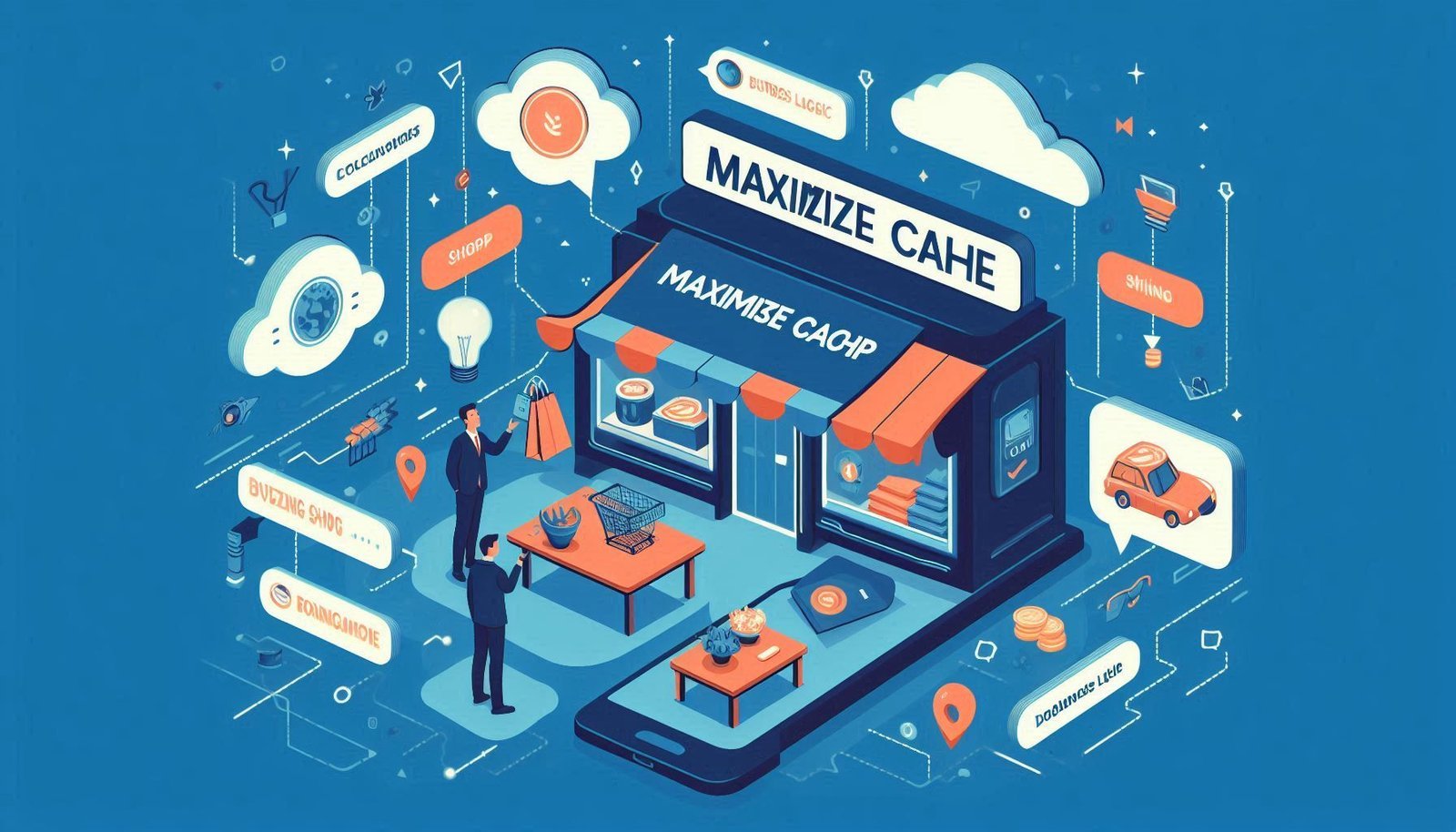As we educate ourselves about the physical world and the patterns of behavior which emerge through cultural mediums, we find that there are many aspects which are left out in the deep knowledge of Human Psychology. In any language, “starepted” is likely not a word that exists in one’s vocabulary. However, the literature describes a situation that is well known to many: tension caused by factors both on the Internet and outside, which make one feel helpless and exposed. The factors that require emotional protection include abuse of personal data such as social security number for identity theft, phishing or hacking attacks, threats and acts of violence against one’s life or health, etc.
This guide will discuss what can be done practically, and what security measures can be adopted when people are starepted, both in terms of novel use of technology and crime prevention.
What Are Starepted Situations?
Fine, so ‘starepted’ is clearly a global term which allows aloof individuals to explain factors whereby they become so vulnerable whether in the networked society or in the PRIR system. These include the following: Cybersecurity threats such as data breaches, hacking, or phishing.
Identity theft refers to the activities performed that bikes the misuse of personal details such as addresses or identification documents. And especially threats received from ‘the outside’ related to stalking or threatening without any verbal interactions, terroristic threats & overtillas violence against personal safety.
Exposure refers to sharing of personal information or is subjecting oneself to a broad audience by engaging in a profession which demands the use of such information. All these situations are a call to action for moderation and correction of these circumstances.
1. Enhance the Safety Aspect of the Web
This means that the internet is not without possible threats. If, for instance, you strengthen your defensive position against all the threats scouted from the net, it will become much safer for you from hackers, software programs, and by all means cyber-crimes.
Take Advantage of Unique and Strong Passwords
Using an individual password for every account is perhaps the most basic but equally the most effective practice on the internet. Avoid reusing any of the passwords for any of the used platforms. Rather try to come up with or rather work with difficult to remember letters, numbers, and symbols and put them in the password to make it hard.
Password managers are options to consider if provision of passwords and their safeties becomes an issue. With such tools, there is no need to have all the passwords at the tip of the head yet be with locked passwords.
Activate the Two-Step Verification
In some cases, two-factor authentication is optimal for putting a virtual barrier on protected resources when it’s necessary to confirm the identity of the user. This will provide extra security since even when a hacker knows a specific password, there are additional verification procedures available such as through a token or any other form, to prevent 2 step login.
Update All Software
Keeping in mind that one practices thesubjective programming cycles with most especially the operating system, web browsers and other applications is also the fact that there may be the latest versions of relevant features to download. People’s personal information and computers are often obtained through exploitation of unpatched software. Get into the habit of having updates installed without delay, and use the automatic update feature if possible.
Be Careful with the Public Wi-Fi
Public Wi-Fi networks have a reputation for a lack of security. These networks should not be used to perform any form of high-stake dealings, banking, or shopping without protective measures in place. Since there are some places where you may not avoid using the internet, then better install a VPN and surf the web more privately, than someone would actually without this application.
Know Phishing Scams
Phishing involves scamming the intended victim utilizing electronic communications such as emails, websites, or messages that look fairly convincing in order to obtain their private information. If for instance you receive an important document, make sure that the email address from which it has been sent is the official one, do not open links that seem strange, or ask for information that does not seem necessary.
2. Protect Your Identity
Commonly known as identity fraud, concealment of one’s identity appears to be the critical issue here, especially now when online payments and social networks are so much active and competitive.
Keep an Eye Into Your Financial Statements
Your bank statement and credit reports should be scanned regularly for any strange activity such as unauthorized transactions or unfamiliar accounts that one might have opened using your name. If these accounts exist and are overlooked for long periods, one may incur much more or greater expenses.
Reduce Exposed Personal Information
Always remain alert on the amount of personal data that goes onto various social media accounts. Never disclose such information as a home address, phone number, or banking details on the internet. Though each piece of this data can seem unimportant by itself, crooks can use it to steal someone’s identity.
Use Identity Protection Services
Then, you might think of registering for one or more such identity theft protection services which provide coverage or alert if some unusual activity or mishap occurs. Most of the companies also include some loss coverage and provisions for recovery in spite of theft of identity.
3. Physical and Professional Protection
Having to deal with these online threats is worrying, but so is the risk of losing one’s personal and professional security in the physical realm. Here is a guide on how to protect yourself from such physical and professional threats.
Protect Your Physical Space
Well, to avoid being starepted because of feeling unsafe due to stalking, rude looks, and other disturbances, one should be able to take a step further and defend his or her premises. Measures such as installing alarm systems, surveillance cameras, motion triggered lights, and proper locks on all doors and windows are likely to discourage such crimes altogether.
Individuals should guard against risks and threats when they are in the open space with people around. Being in public places has its perks, however, people should always be aware of their environment and should refrain from engaging in dangerous behaviors especially when in new places. Self-defense classes and/or personal safety tools, including pepper spray, can be helpful in maintaining confidence when feeling at risk.
Lock up all work related or professional data
There is a sense of starept towards professionals when one is working and under threat from the business or intellectual property. To prevent unauthorized access to this information, it is important to repeat the security measure of data encryption and further restrict access rights by setting up several users who are limited to a few facilities.
Confidentiality agreements (NDA) should always be utilized when attorneys disclose sensitive information to the clients’ or outside agencies, and no matter what type of information or where the information is, the documents should be kept in safe areas, with the use of a password.
4. Create a Contingency Plan
As is the core strategy for most good plan making, ‘feeling starepted’ simply means having a way forward when all hope seems to be lost.
Digital Backup Plan
Always scope out situations in which critical documents may have to be relocated or moved physical and computer storage and web-based file storage. If you suffer a cyber attack and damage, a data breach, or even a system security failure, having backup measures shall allow you to recover quickly and efficiently.
Professional Response Strategy
On the other hand, if it’s possible that you will be engaged in professional activity, exposing yourself to many forms of data leak, make a crisis response plan. A basic legal and cybersecurity contact or team can be helpful in times of such challenges. Be proactive; CYA if you can advise on how best to go about it to reduce the risk of other financial loss as a result of cyber insurance.
Personal Safety Plan
For those who have a fear of the threat of physical harm, develop a list of people’s names and numbers who would be your emergency contacts and make outline plans of what you would do in advance if such danger arose. That may be calling the police, planning specific escape points, or establishing designated safe areas in the house.
Conclusion
The protection and prevention of threats while starepted entails more than a simple defensive response to the attacks. By enhancing digital security solutions, identity protection, physical and professional environment protection, and emergency preparations, threats can be reduced and relaxation attained. Taking these steps ensures that nothing catches you unaware and that should unanticipated eventualities occur there is an effective and efficient control of the situation.





